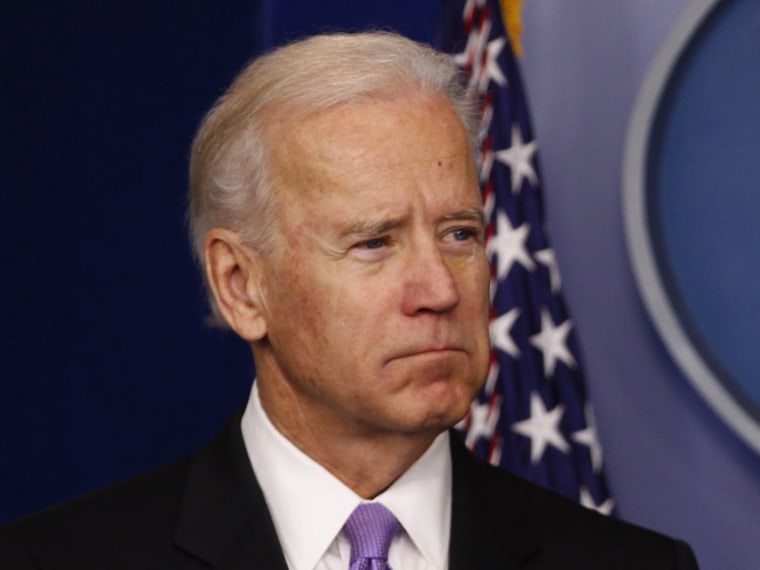Will the December massacre of 20 schoolchildren in Newtown, Conn., be a tipping point in the long-running crusade against video game violence? Vice President Joe Biden met with video game industry representatives on Friday as part of a larger effort to find solutions to problems associated with gun violence.
Wayne LaPierre, the executive vice president of the National Rifle Association, has blamed Hollywood and the video game industry for the rash of U.S. shooting sprees. "There exists in this country a callous, corrupt and corrupting shadow industry that sells, and sows, violence against its own people," he said in a controversial speech last month, citing video games like Grand Theft Auto and Mortal Kombat. He called such games the "filthiest form of pornography."
Of course, the video game industry--which some estimate to be worth $100 billion worldwide--isn't exactly conceding the point. The Entertainment Software Association (the trade association of the video game industry in the U.S.) released a statement to msnbc.com following the Biden meeting saying that while it was "productive and candid" and the group was looking forward to continuing the discussion, there is "no causal connection between video games and real-life violence."
The International Game Developers Association, which represents individuals who make video games, pointed to First Amendment rights, which the Supreme Court recently upheld for video games, but called for more studies. "We may not make games that are libelous or pose a clear and present danger to others. The government has a valid role in protecting people and especially children from products that are genuinely dangerous. While scientific study has shown that imaginary violence in video games does not cause real world violence, the game developer community recognizes that we have responsibilities along with our rights," said chairman Daniel Greenberg.
Christopher J. Ferguson, an associate professor of psychology and criminal justice at Texas A&M University, attended the meeting with Biden to discuss his research (which found no link between video games and violence). He told msnbc.com that the meeting lasted about two hours and had about 20 people at the table. Biden, Ferguson said, told the group that "he understood the industry itself believes that they're not necessarily harmful" and seemed "neutral, open-minded, and hadn't made up his mind yet." Ferguson said there "wasn't much talk about changing the content of the games, but putting more controls on parents themselves."
Brad Bushman, a professor at the School of Communications at Ohio State University (who was not at the meeting), said there is really no incentive for video game companies to change. "They're making a lot of money," from the violence, he said. Unlike Ferguson, Bushman's research has shown that violent games do increase aggressive thoughts and angry feelings and can cause aggressive behavior. But in the end, people must vote with their wallets. "If the public continues to buy video games, there's going to be no impact. But if they say enough is enough, I think the industry will stop producing them," said Bushman.
